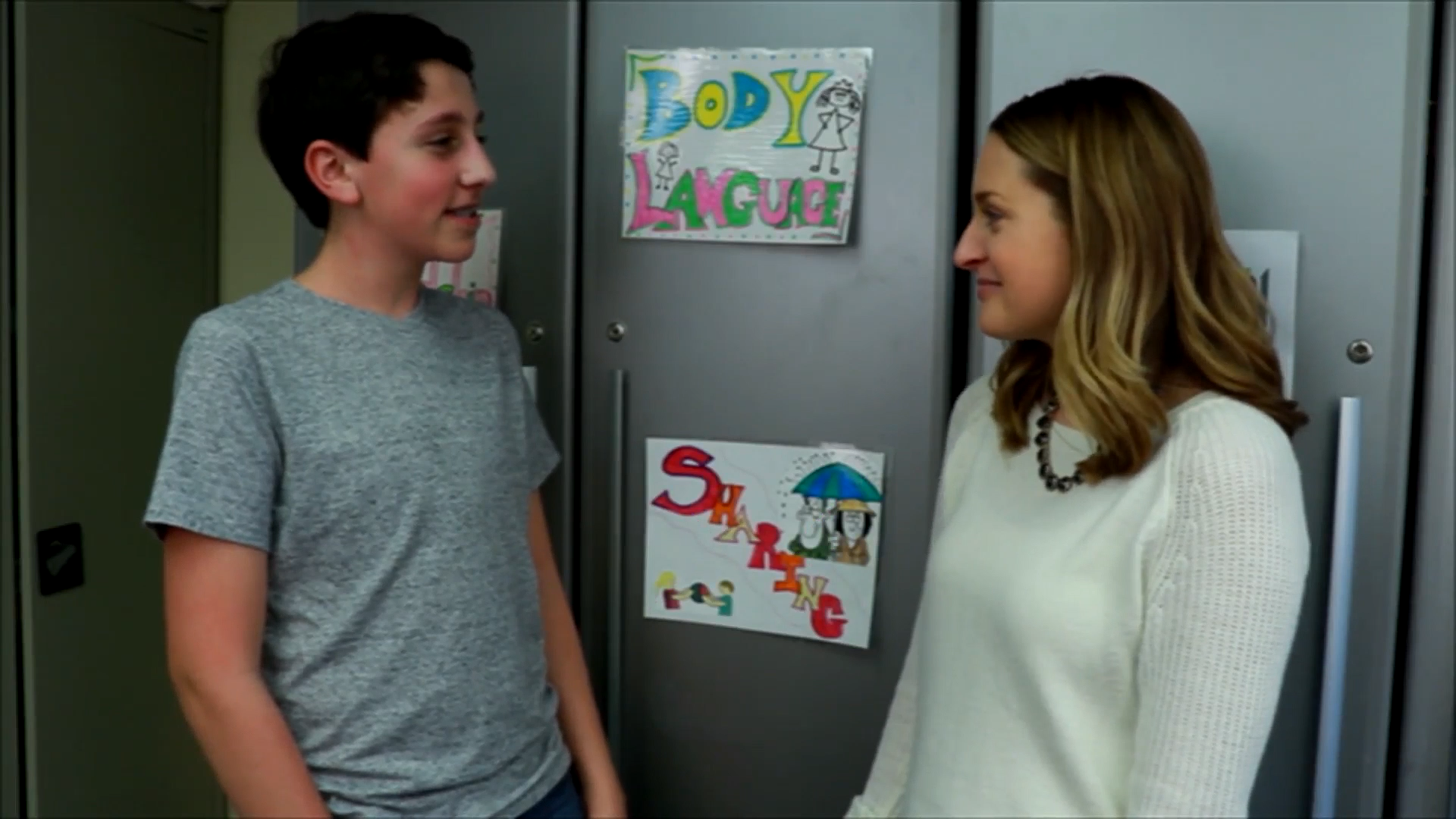
Introduction
Active Listening is a vital skill for kindergarten students to develop as it fosters effective communication and helps build positive relationships with peers and adults alike. By teaching students to use their eyes, face, and body to show that they are interested and engaged in the conversation, we can help them become better listeners and communicators. In this blog post, we will explore an easy-to-implement no-prep activity, discuss related skills, and provide next steps for educators looking to incorporate Active Listening into their curriculum.
No-Prep Activity: The Listening Mirror
This activity requires no preparation or materials and helps students practice Active Listening by mirroring the speaker’s body language and facial expressions. Here’s how to conduct the activity:
- Divide the students into pairs, with one student being the speaker and the other being the listener.
- Have the speaker share a story or talk about a topic of their choice for a short period of time (e.g. 1-2 minutes).
- The listener’s role is to practice Active Listening by looking at the speaker, facing their body towards the speaker, nodding their head, having an interested facial expression, and keeping their hands and feet quiet.
- After the speaker has finished, the listener should make connected comments or ask questions to show they were listening.
- Switch roles and repeat the activity.
This activity allows students to practice Active Listening in a fun and engaging way while reinforcing the importance of showing interest and attentiveness during conversations.
Discussion Questions
- How did it feel when your partner was actively listening to you? How did it make you feel about the conversation?
- What challenges did you face while trying to be an active listener? How can you overcome these challenges?
- Why is it important to make connected comments or ask questions during a conversation? How does it show that you were actively listening?
- How can practicing Active Listening help you build better relationships with your classmates and teachers?
- Can you think of a situation where Active Listening would be especially important? Why?
Related Skills
Active Listening is just one of many essential social-emotional skills that kindergarten students should develop. Other related skills include:
- Empathy: Understanding and sharing the feelings of others, which can be enhanced by practicing Active Listening.
- Respectful communication: Expressing oneself in a polite and considerate manner, which goes hand-in-hand with Active Listening.
- Conflict resolution: Effectively addressing disagreements or misunderstandings, which often requires Active Listening to understand all perspectives.
- Collaboration: Working together as a team, which necessitates Active Listening to ensure everyone’s ideas and opinions are heard and valued.
Next Steps
Now that you have a better understanding of Active Listening and its importance in the development of kindergarten students, we encourage you to explore more social-emotional learning resources and activities. To get started, sign up for free samples of skill-building materials and resources at Everyday Speech. By incorporating these tools into your curriculum, you can help your students develop strong communication skills and foster positive relationships in the classroom and beyond.

